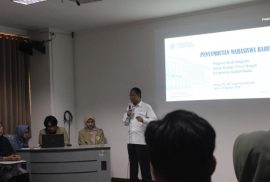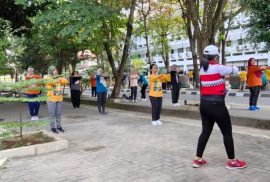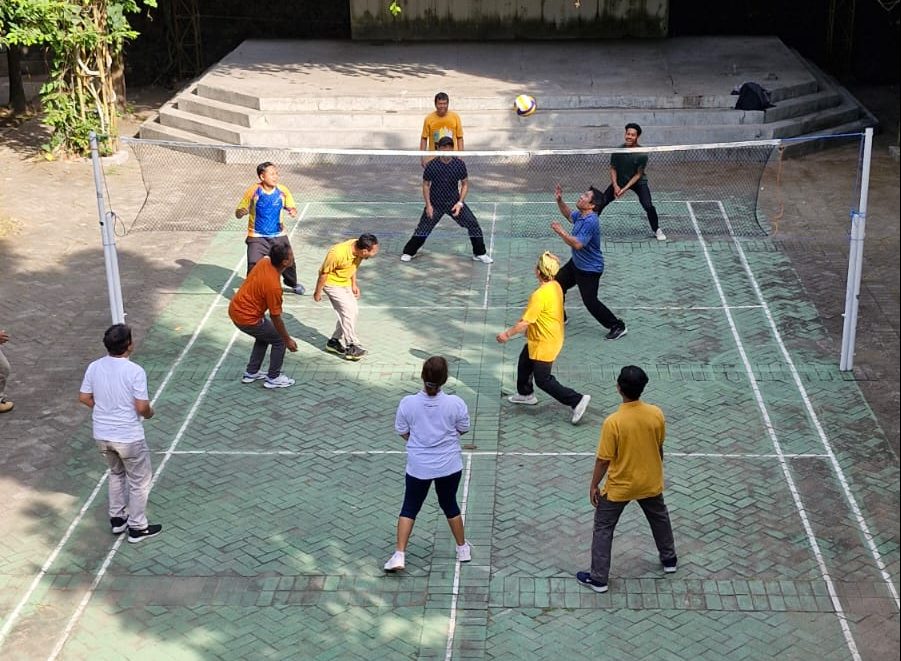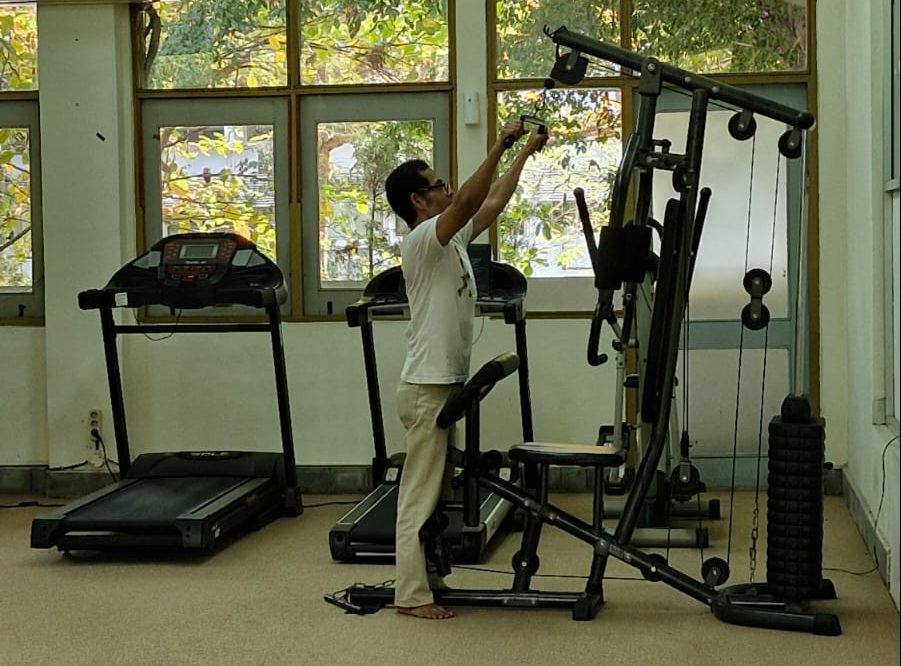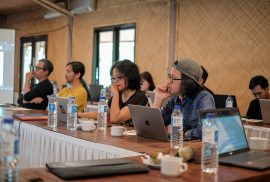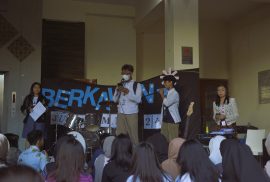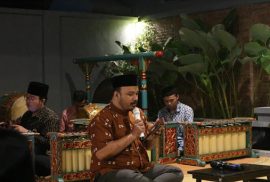On Monday, August 12, 2024, the Master of Middle Eastern Cultural Studies Study Program has carried out the activity “Welcoming New KBTT Students for the Even Period of 2023/2024”. This activity was attended by lecturers in the Master of Middle Eastern Cultural Studies Program, namely Prof. Dr. Lasiyo, M.A., Prof. Dr. Fadlil Munawwar Manshur, M.S., Dr. Hindun, M.Hum., Dr. Nur Saktiningrum, M.Hum., Dr. Zulfa Purnamawati, M.A., Dr. Mahmudah, M.Hum., Dr. Arief Ma’nawi, M.Hum., and Dr. Imam Wicaksono, M.Hum. The event was opened by the Head of the Department of Intercultural Studies, Prof. Dr. Sangidu, M.Hum. Prof. Sangidu emphasized that the admission of new students for the odd period is a concrete effort made by the Faculty of Cultural Sciences to provide opportunities for scholars to deepen their knowledge in the realm of the Middle East. 
Acara dilanjutkan dengan pemaparan kurikulum oleh Sekretaris Departemen Antarbudaya FIB UGM, Dr. Mahmudah, M.Hum. Kurikulum merumuskan bahwa profil Alumni KBTT memiliki kesempatan besar dalam pekerjaan, mulai dari akademisi, peneliti, dan diplomat. Demi mencapai profil lulusan yang berkualitas, dibutuhkan kerja keras dari mahasiswa untuk mengembangkan keilmuan dengan riset dan menarasikannya dalam publikasi karya Ilmiah. Dr. Mahmudah mengatakan “Magister Kajian Budaya Timur Tengah merupakan prodi kajian antarbudaya yang cakupannya luas. Penelitian dengan objek antar negara, baik dalam ranah sastra, bahasa, dan sosial, dapat dilakukan dengan catatan menjadikan ketiganya sebagai “jendela”. Penelitian ini diharapkan dapat dikembangkan dan dipublikasikan dalam jurnal bereputasi agar bisa dimanfaatkan oleh masyarakat”.

